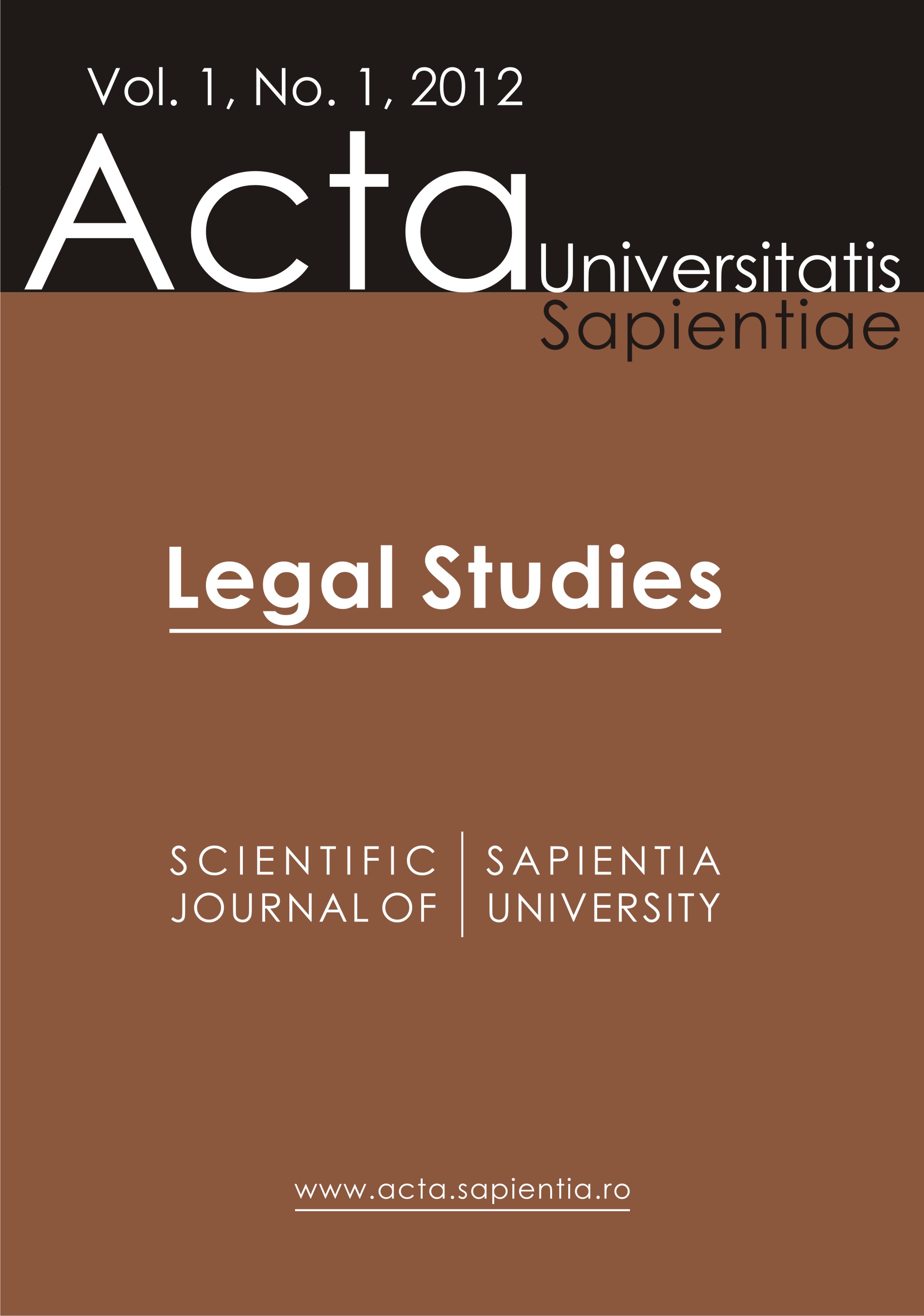
We kindly inform you that, as long as the subject affiliation of our 300.000+ articles is in progress, you might get unsufficient or no results on your third level or second level search. In this case, please broaden your search criteria.

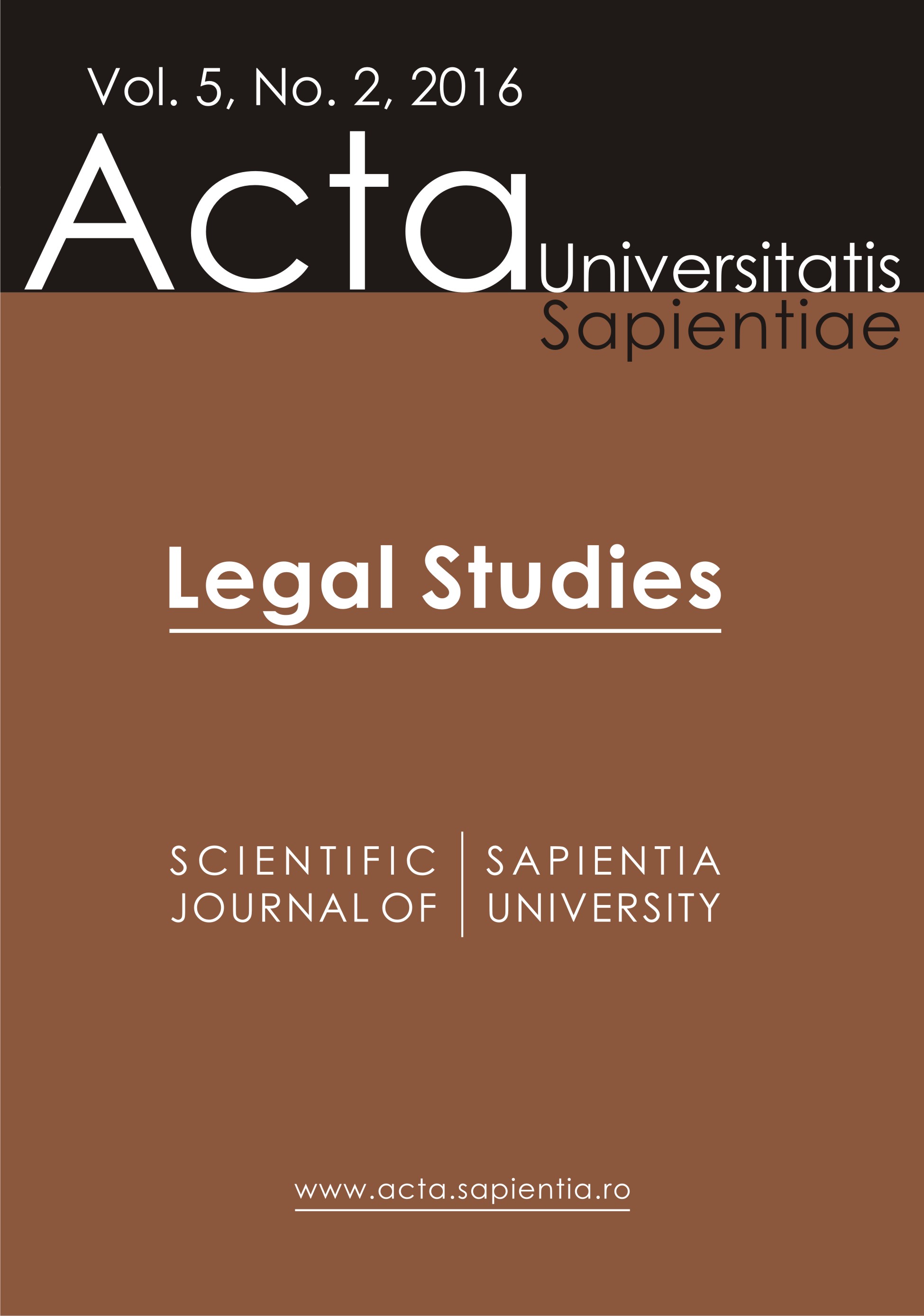
The purpose of this study is to review the role of the University of Kolozsvár in renewal of Hungarian legal philosophical thinking. So that will be presented the activity of Viktor Jenei, Rudolf Werner, Bódog Somló, Gyula Moór, Barna Horváth, István Bibó, József Szabó in Kolozsvár.
More...
We regard the neo-Kantian methodological dualism and monism of social ontology two concurring theories. Both offer coherent accounts capable of explaining and interpreting legal phenomena. Barna Horvath’s own methodological dualism offers principally a valid account of the application of law or jurisprudence. Social ontology relies rather on an understanding of the self-reproducing structures of social reality. Based on that foundation social ontology offers a more plausible account of the legislative process through its own categories such as the development of customary law or ‘legal finding’ (Rechtsfindung).
More...
This paper examines the luminous Hungarian legal philosopher, Felix Somló’s theories on the state. It claims that Somló had three theories of state. The first could be reconstructed from the sociological allusions and hints of his first book, titled State intervention and individualism (1903), the second was his theory of state based on legal concepst in a neokantian fashion, explicated in his Juristische Grundlehre (Basic Legal Concepts and Ideas, 1917), and the third is an unfinished theory of a Notes for a Philosophy of State (1919/20). The core idea of the first theory is regulation (which was considered by Somló as interference), the central concept of the second is a so called Rechtsmacht (legal might; which was coined by Somló), whereas the third revolves around the so called eternal truth of history of ideas.
More...
This paper’s subject is the work of the Europe-wide famous legal philosopher, Moór Gyula. Discusses certain elements of his axiology, and the constitutional effects of these elements. Analyzing Moór’s perception of the relationship of values with law and the constitution, it can be concluded that this question is extraordinary important and relevant since it draws attention to the importance of the values of right and constitutional law. The study also analizies the moral values present in the Romanian constitution, regarding the fundamental principles, the determining principles of organizing and exercising power and the fundamental rights. Lastly the paper presents the syllabus of a research project about the correlation of global constitutionalism and the constitutional identity and also about the constitution’s determining and expressing content of legal values.
More...
Felix Somló is beyond doubt the “representative man” of Hungarian legal theory, and this is mainly due to his magnum opus, the 500 pages long Juristische Grundlehre. The unique feature of the work is, that it is using John Austin’s “command theory” of law as a theoretical basis, which, at that time was outstanding in the German Kulturkreis. Somló develops Austin’s theory in many respects. One of his main innovation is, that according to him, the law is not only comprising commands, but it also contains promises of the sovereign. The article deals with this part of the theory.In the first part I analyse the theoretical background of promising law. (Versprechensrecht). Here I demonstrate that although the promising law was a known notion in the German legal literature before, (e.g. from Jellinek ‘s theory of “self-obligation” of the state), Somló elaborated a unique theoretical construction, where he connected Jellinek’s theory with Reinach’s theory of social acts, and with Stammler’s theory of normative claim (Geltungsanspruch).In the second part the article recapitulates, and illustrates with figures how does the theory functions in different legal fields.In the third part I analyse the theory itself critically. Here my conclusion is, that the attempt to integrate the neo-Kantian methodological foundation with Austin’s concepts, and with the theory of social acts necessarily brought a huge internal tension to the theory. As a contrast at the end of the paper I shortly describe Herbert Hart’s attempt to exceed Austin’s theory, and the differences between his, and Somló’s theory.
More...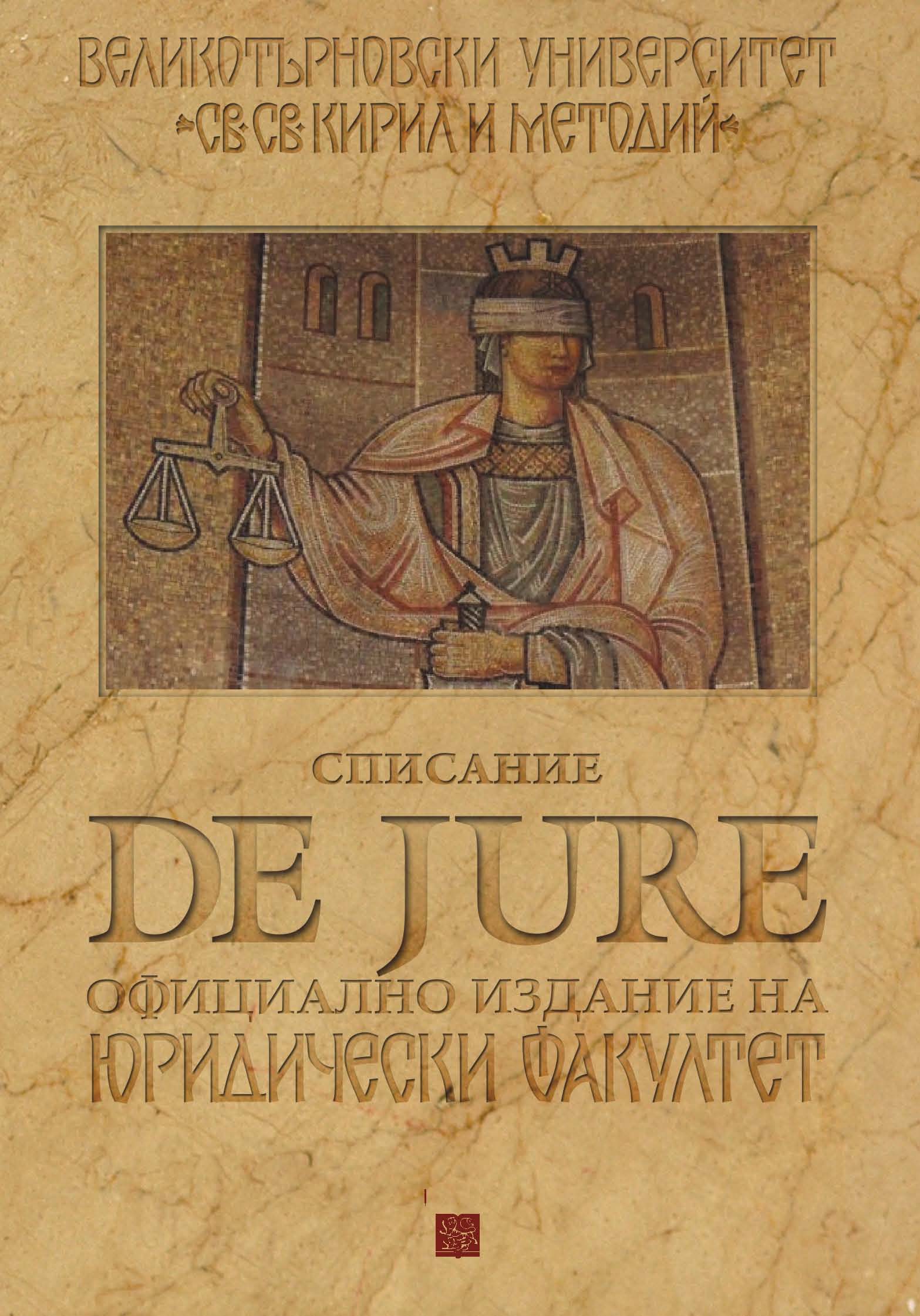
This article discusses and analyzes several problems relative to constituting of organ representation of associations and foundations: original election of organ representative by statutes of association and constitutive act of foundation; determinaton means of using of representative power; original election of members of organ representative; consent of members of organ representative with the election; constitutive effect of court registration of associations and foundations relative to constituting of organ representation.
More...
The article named “The European Public Prosecutor’s Office – first step towards establishment of common European criminal justice” offers a concept including ideas for the structure, competence and legislation about the European Public Prosecutor’s Office (EPPO). The concept is based on the idea for the integrated model of this new European institution but with its own vision about the interaction with the national judicial institutions. First of all, the article indicates the basic principles the structure of the EPPO should follow. On the second place, the article outlines the concrete results which can be achieved by implementing these basic principles of organization and functioning of the EPPO and which are the main goal pursued by establishing the EPPO. On the next place, the concrete steps and the appropriate mechanisms to realize these results are explained. Finally, concrete conclusions about the advantages of this concept, about its future effect concerning the establishment of common European criminal justice, as well as about the difficulties that can appear in the process of its realization are drawn
More...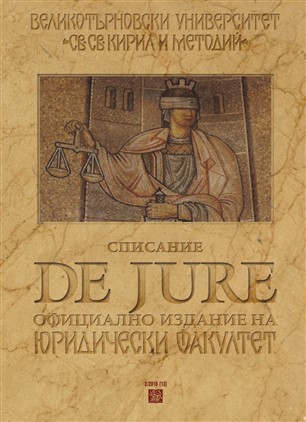
The article concerns the supposition that ratio naturalis has a pre-Stoic origin. The term ratio naturalis expresses the universal principle of rationality or mentalism. It was brought to light and included in Roman law for the first time probably by Gaius, and it was adopted by other Roman jurists.
More...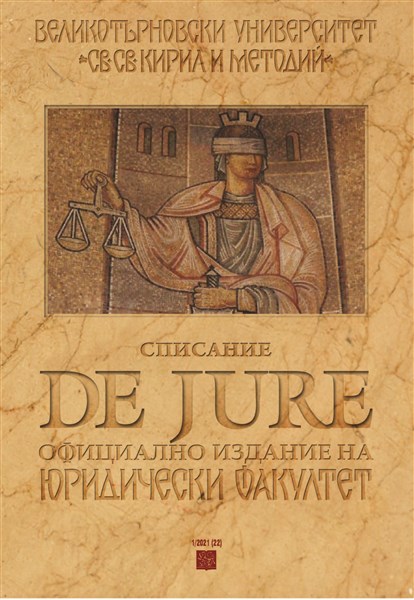
The article deals with the issue of complicity in the commission of a crime between a person who exercises mental coercion on another in order to motivate him/her to commit a crime, and the person in respect of whom coercion has been exercised. It provides an answer to the questions of whether it is possible for the coercive person and the coerced person to appear as co-perpetrators of a crime, in what hypotheses and how the behaviour of the coercive person should be qualified. Hypotheses have been discussed in which the coercer instigates and helps another person in commiting the crime for which he/she has been coerced. The paper also provides a proposal for qualification of the coercive person’s criminal activity and considers the institute of complicity through mental coercion. A distinction has been made between cases of complicity between the coercer and the coercee on the one hand, and those in which there is mediocre perpetration on the part of the coercer on the other hand. The article would be useful to legal practitioners in qualifying some specific hypotheses of complicity in a crime when one of the persons involved in the crime is subject to coercion.
More...
The language of law is characterized by some features and peculiarities that make it difficult to understand for non-specialists in the field. The present article focuses on the need for plain legal language in order to guarantee observance of general principles of law, such as equality before the law and legal certainty. The first section deals with the historical and conceptual structure of plain legal language. Then, the paper provides an example of foreign experience in the field with the aim to illustrate the initiatives for modernizing the Spanish legal language which have been carried out in Spain over the last few years.
More...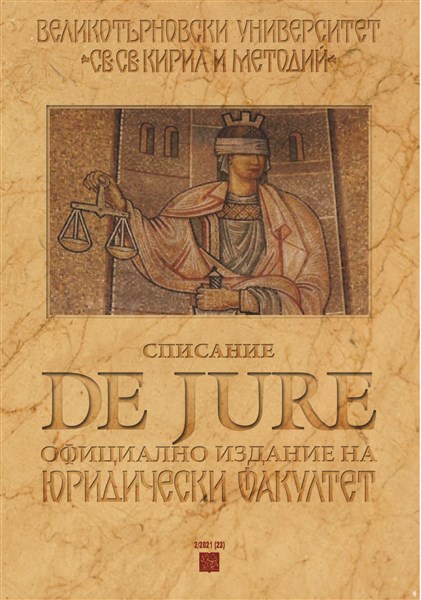
This article discusses the methods of national government as an element of a whole system of mechanisms, legal institutes, specific legal rules and individual orders. Particular attention is paid to the ways and means of regulating the executive branch as a method of government. In addition, an analysis is provided of the methodological guidance and its connection with the three manifestations of public administration.
More...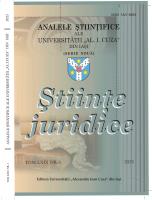
The country of origin principle can be contemplated in the light of the scholars’ debates relating to the rise or fall of the conflict of laws concept. This paper is an invitation to scholars to assess the notion of ‘comity’ as a genuine premise of the mutual recognition principle. The said notion reminds us all that international law and the conflict of laws are twin instruments; these instruments are conceptually designed to manage the transnational realities from nowadays. The nation-States, regional organizations of (economic) integration, international organizations, private actors are learning again how to exercise the notion of ‘comity’.
More...
From ancient times, the oratorical art (ars bene dicendi) affirms itself as an essential component of society. Being an instrument for politicians, jurists and more, the ability to communicate became an indispensable aptitude. Naturally, intellectuals gradually started to show interest for this art from a methodological perspective, starting schools of rhetoric and theorizing the knowledge on the subject. Therefore, by evoking the most important figures of oratory and exploring the theory behind this art, we analyzed its development until it reached the form it has in present times, with a particular interest for the judicial component of oratory, the lawyer`s plead.
More...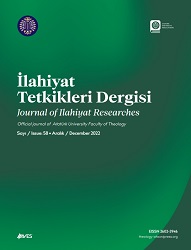
There are different theories about the purpose of punishment in modern criminal law. Criminal lawyers have generally examined these theories under two main headings as absolute and utilitarian/relative theory. In absolute theories, punishment is an end in itself and not a means to another end. Contrary to absolute theories, punishment in utilitarian theories is a tool for the realization of another purpose. In this study, which deals with the purpose of punishment in İslâmic criminal law, the theories that explain the purpose of punishment in modern criminal law are given in general terms in the introduction part of the study, and then the manifestation of the purpose of punishment in İslâmic criminal law is discussed. Since this study requires an interdisciplinary study, an evaluation has been made on the works of fiqh and tafsir. In our study, crimes that require punishment of hadd, qisas, and ta'zir are discussed under separate headings, and the purpose of the punishment given in each type of crime is questioned. Although the general prevention function of punishments is generally emphasized in the crimes requiring hadd and qisas punishments, both in the works of fiqh and in tafsir, the special prevention function of the punishments is not ignored. The opposite is the case in the punishment of crimes that require the penalty of ta'zir. Here, too, although the specific prevention function of the penalty outweighs, there can be references to the general precautionary function.
More...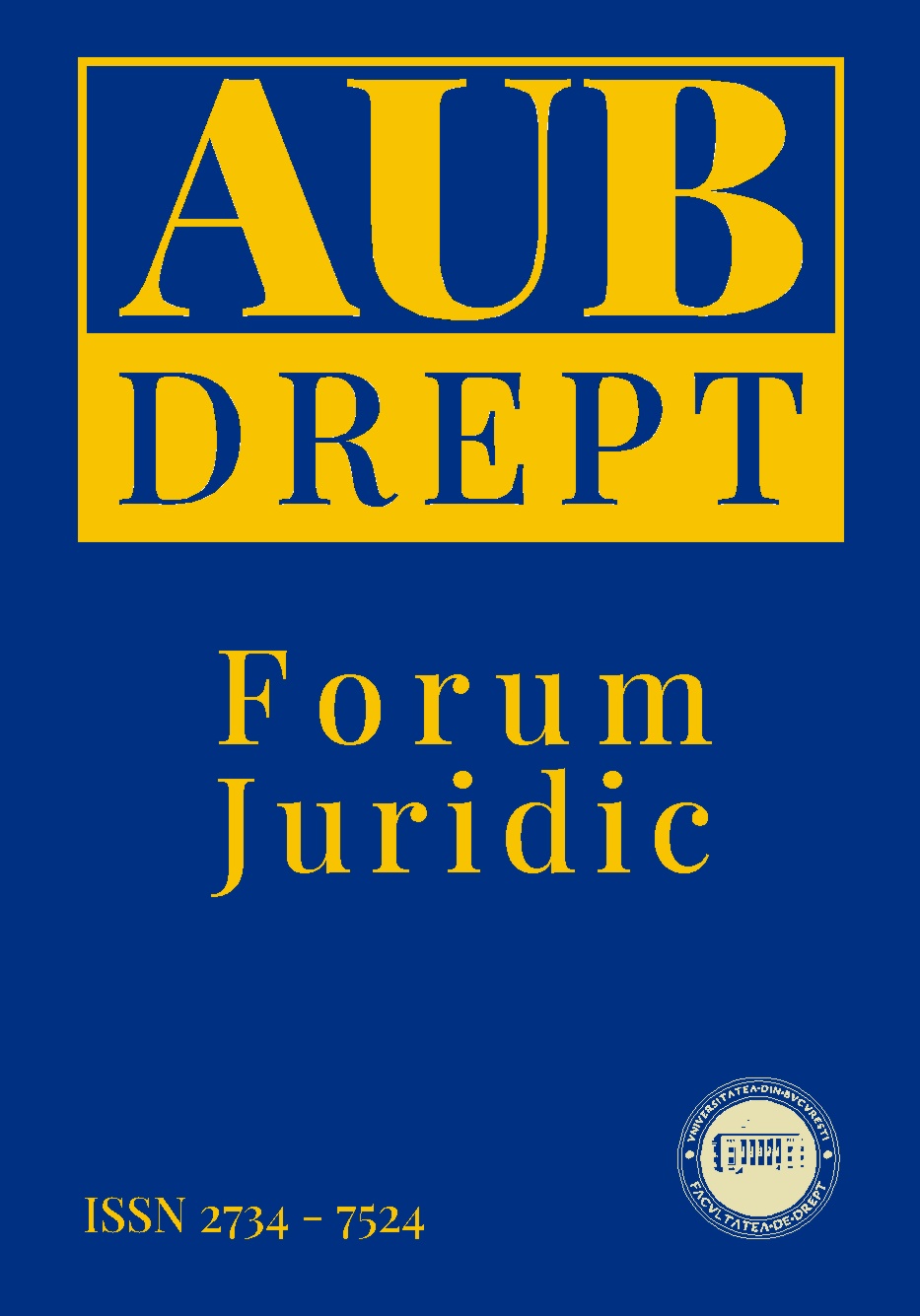
The purpose of the article is to contribute to the efforts to formulate general guidelines to help judges in the process of individualization of punishment. In order to achieve this objective, the forms of individualization of punishment and the purposes of the punishment are analyzed. The need to harmonize the stages of individualization and the need to preserve the purposes of the law in the judicial process of individualization of punishment are expressed. Given that the provisions of the law regarding the individualization of punishment are synthetic, it is proposed to supplement them with the ethical principle of utility in the way that jurist and philosopher John Austin presents it in the courses he taught as a law professor at the University of London in the 19th century. In order to provide an applied character of the ideas presented, a case from judicial practice is analyzed to which the essential ideas of the article are related.
More...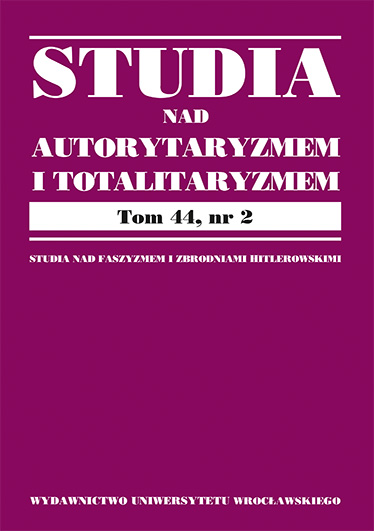
The German jurist Helmut Nicolai (1895–1955) was a convinced racist even before 1933 and did not change his attitude after 1945. He believed in the scientific justifiability of racism on the basis of contemporary racial theories. In the early years of Hitler’s dictatorship, Nicolai rose to become a senior official in the National Socialist state administration. He published numerous works attempting to establish a racist “philosophy of law” and “constitutional theory”. However, despite his racist convictions, he fell out of favour with Hitler as early as 1935 because he failed to recognise the dictator’s claim to omnipotence, which could not be limited by any rule of law, “philosophy” or “theory” — even one based on racist principles.
More...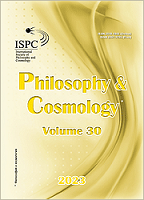
The article attempts to answer the following questions: What criminal law, if any, is applied in outer space when a crime is committed there? How will the issues of demarcation of criminal jurisdiction be resolved? Who and how will investigate such crimes? Which international or national institution will decide the issue of criminal prosecution and application of sanctions for crimes in space? Basing on the analysis of the sources of space and international law, it was concluded that today there is no detailed procedure for investigating and bringing to criminal responsibility for committing a crime in space. There is also no international legal act that would establish a list of space criminal offenses. To solve existing problems, it is suggested to adopt the Convention on Criminal Liability for Space Crimes and to create a Space Criminal Statute (code). The article also claims that the creation of a World Space Union on regulating the commercial space activities will help in solving many issues in the field of research.
More...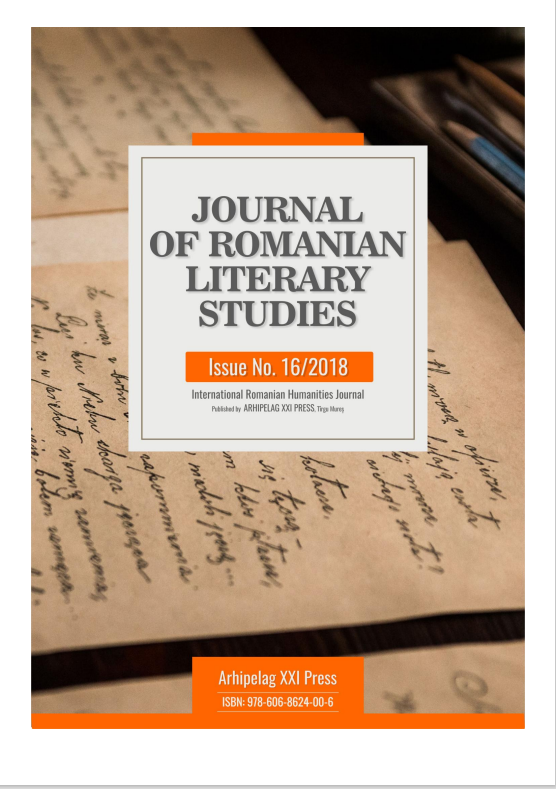
Control of economic concentrations and, in general, European Union competition law can be considered as a reasonable compromise between two economic concepts: the liberal conception that market law naturally imposes on competitors a competitive behaviour and the guiding conception that the state must intervene to legislate for behaviour that corresponds to certain economic and political goals. Essentially, it is about allowing businesses to engage in free competition, provided they do not harm other market operators, customers, consumers or economic interests in general.
More...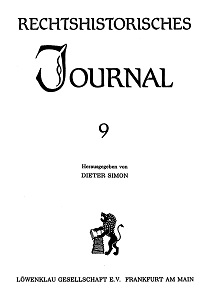
Review of two monographs: Pablo Lucas Verdú, La lucha contra el positivismo juridico en la República de Weimar. La teoria constitucional de Rudolf Smend, Madrid (Tecnos) 1987, 268 pp // José A. Estévez Araujo, La crisis del Estado de Derecho liberal. Schmitt en Weimar, Barcelona (Ariel) 1989, 279 pps.
More...